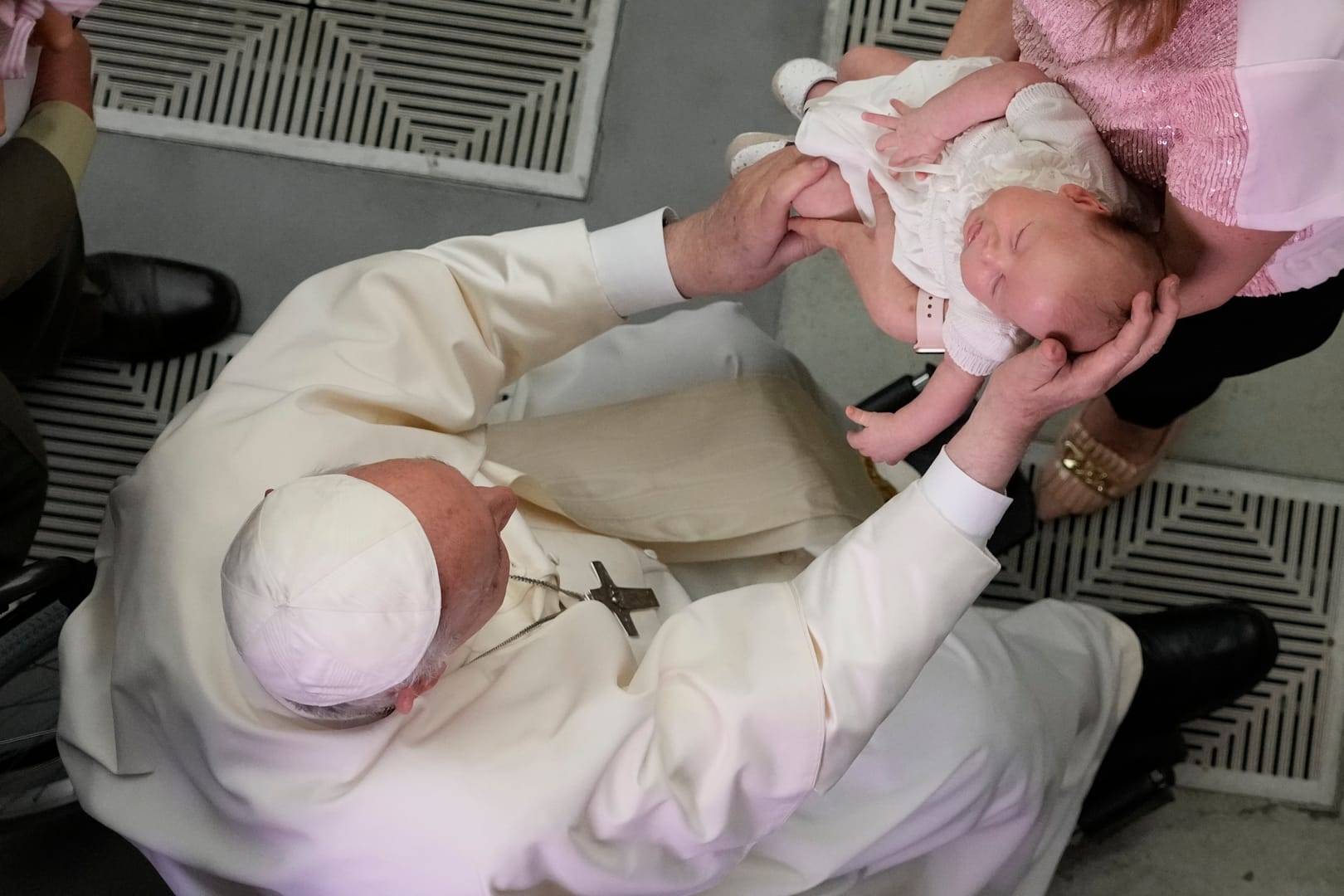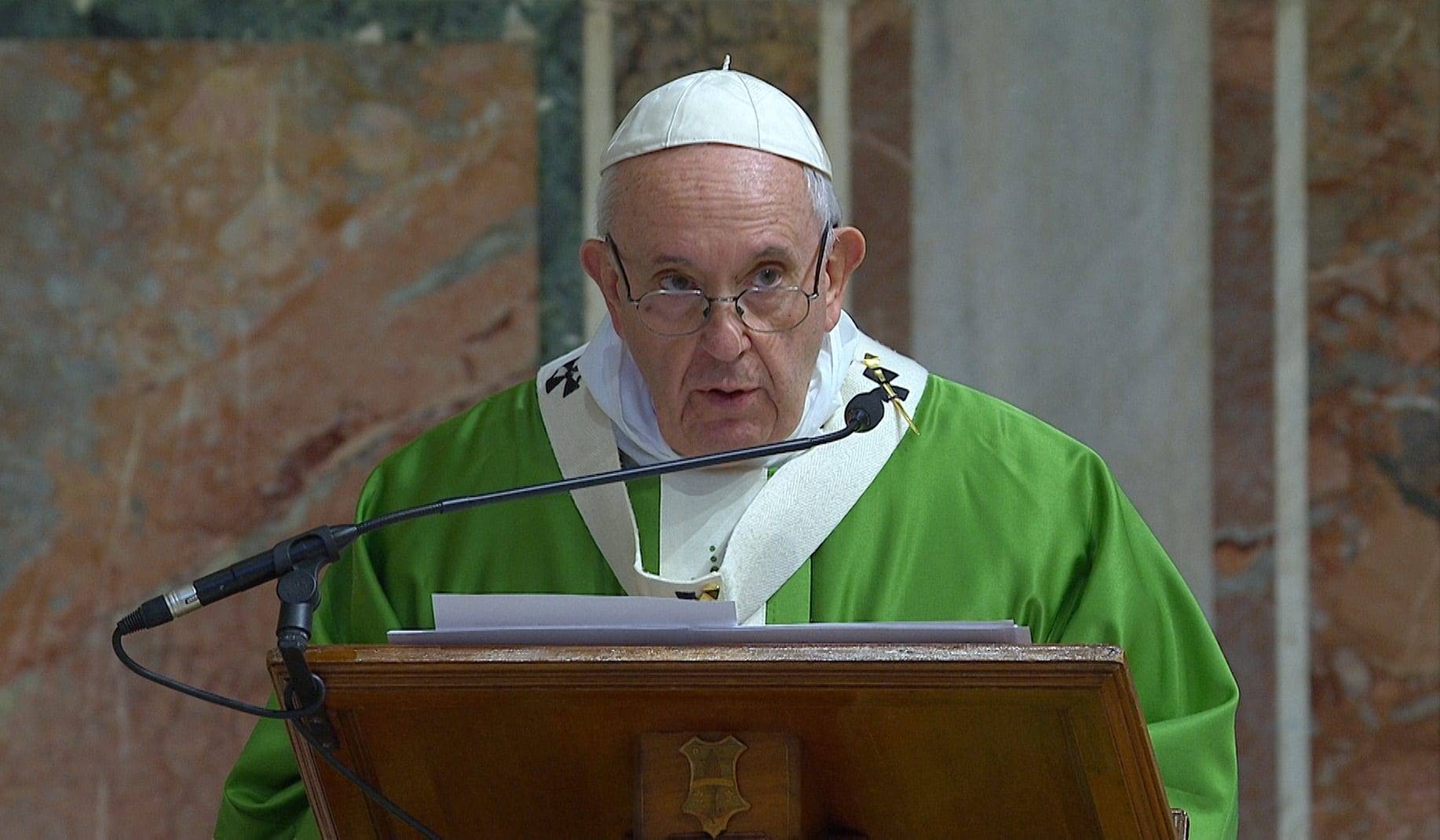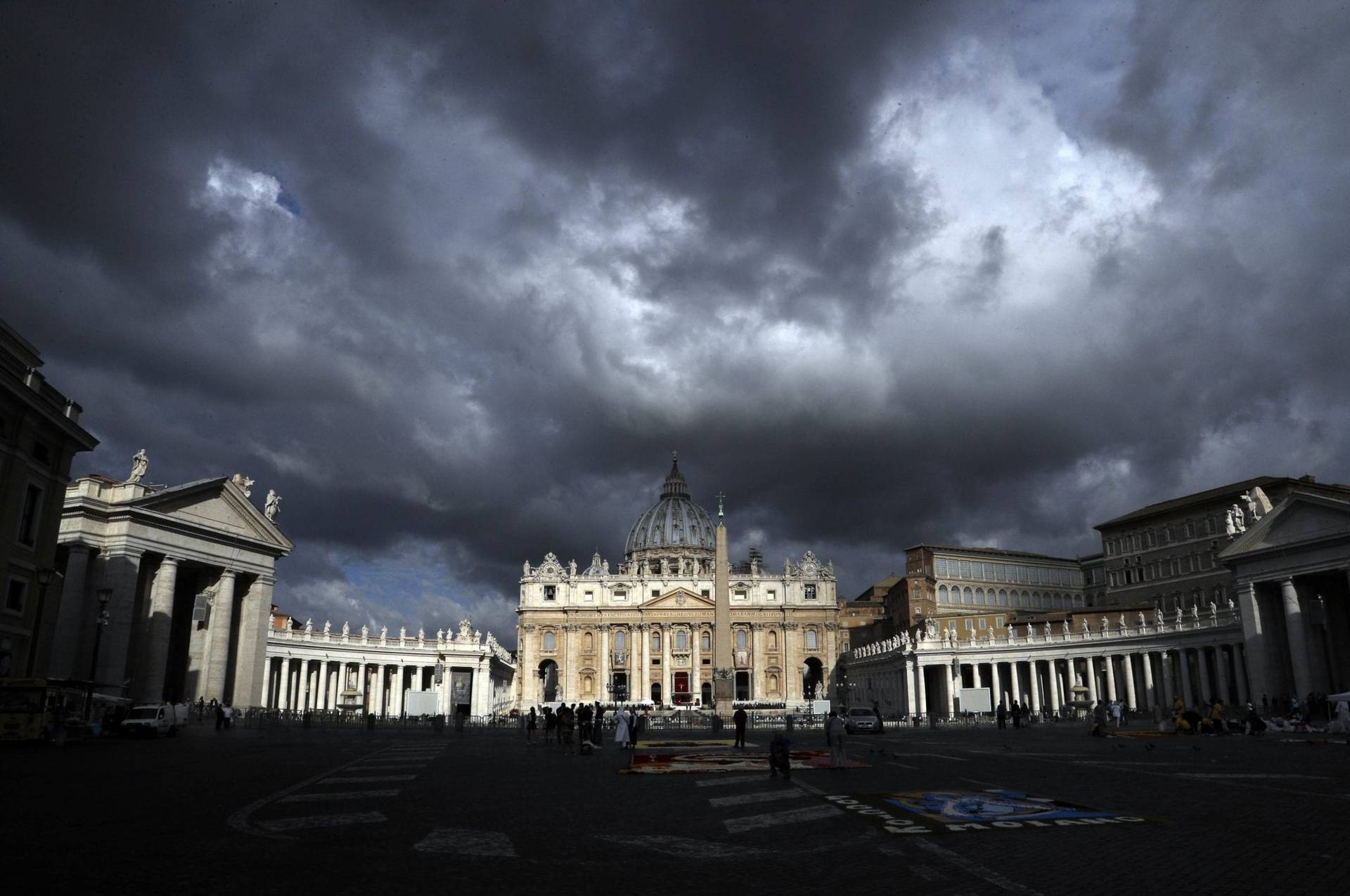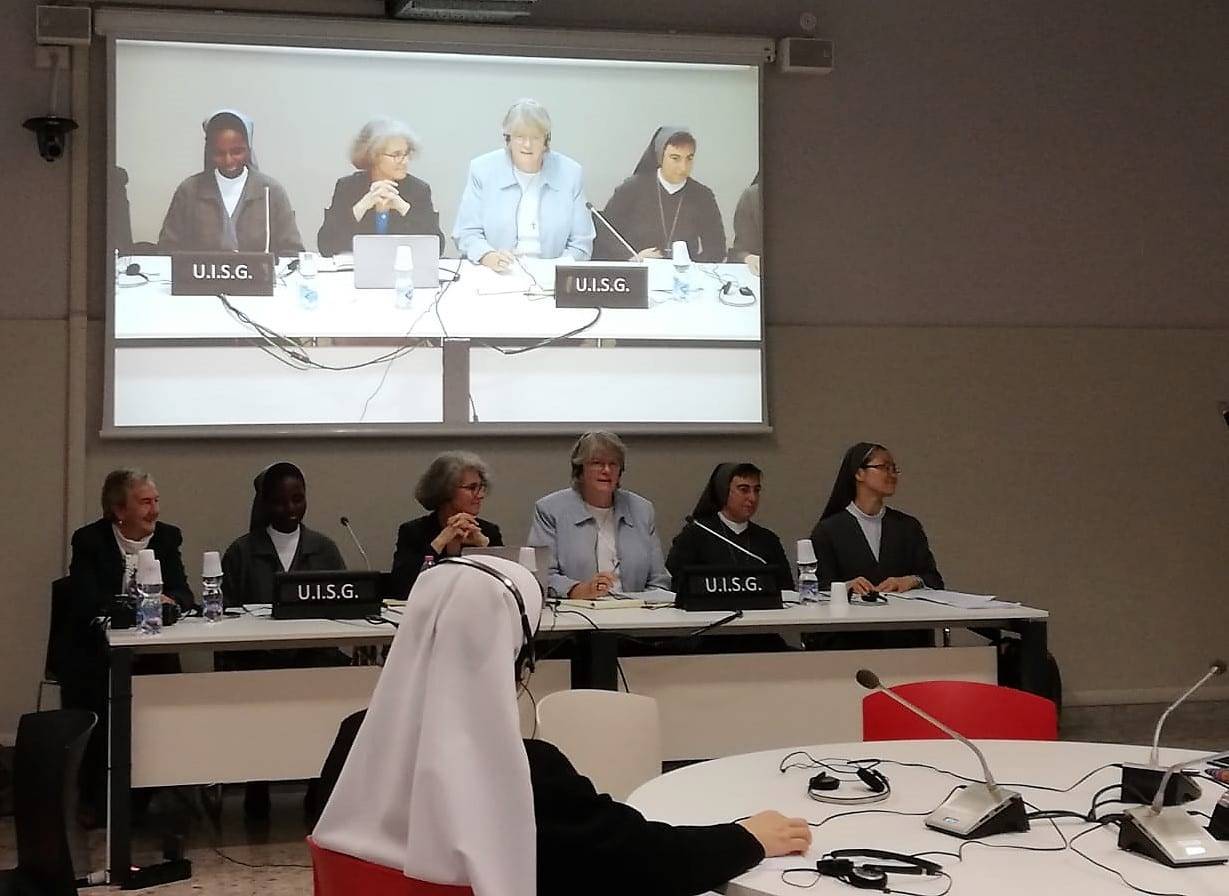ROME – Asked what this month’s Synod of Bishops on youth can do for young women, Cardinal Charles Bo of Yangon said the biggest concern on his home turf is protecting them from human trafficking, which he said is being driven by China’s infamous one-child policy.
“What would we offer to young women in our country? During synod I was reflecting on our own situation, the situation of young people here in Europe, and in Asia, it’s quite different, but especially in Myanmar, where women, with the help of some religious congregations and the Church, we are focusing on saving young women and girls from human trafficking,” Bo told journalists Oct. 23.
Women, he said, are trafficked “from Myanmar to Thailand, and especially from Myanmar to China. Because of the one-child policy in China, many girls and women have been trafficked desperately into China.”
While the nation struggles with other challenges such as a lack of education, poverty and drugs, one practical thing they can focus their efforts on “is to help in the prevention of human trafficking for women and girls.”
China’s one-child policy was instituted during the Mao era in 1979 as a means of population control, restricting couples to having just one child and using a quota-reward system for the nation’s Family Planning Police, who are tasked with carrying out strict birth control policies.
Among these policies are forced abortions and sterilizations. For decades, women have been subjected to these practices as a means of coercive population control if the state found they had illegally had more than one child.
Many parents in China opt to abort a second child for fear of government reprisal, and, due to cultural stigma viewing girls as burdensome and a strong preference for boys, most of the children aborted are girls, leading many human rights activists to complain about the rising levels of gendercide in the nation.
The policy was amended in 2013 to allow couples to have a second child if either parent was an only child themselves, however, forced birth control policies and gendercide continue to be a problem.
Bo spoke at a press briefing during the final week of the Oct. 3-28 Synod of Bishops on young people, faith and vocational discernment. Earlier in the day synod participants were given an initial draft of the final document and a letter to youth that will be published at the end of the month-long meeting.
On the topic of women, Cardinal Luis Antonio Tagle of Manila, president of Caritas Internationalis, said that in his view, the synod has been “especially sensitive to listening to the feminine voice.”
“There was a recognition, especially in our small group that the experience of young people and even those not young anymore, for the wisdom of the blossoming of the humanity from women, to really be heard,” he said.
Tagle said specific proposals were made to include women figures in scripture as “interpretive figures,” with the argument that the experiences of these women, “both their sorrows and their strengths and their courage, could provide interpretative light to the experience of young people today.”
“The testimonies of the youth, and even the religious women, and some of the women who belong to experts in the synod, provided, from my experience, a much-needed expansion of horizon, and to realize that when we talk about diversity, it’s not just about cultures, but it’s also about the experience unique to women,” Tagle said.
Other topics that are an ongoing point of discussion in the synod hall are the phenomenon of migration, topics related to sexuality and the need to be welcoming to the LGBT community, and anti-Christian persecution.
Participants who come from nations such as Pakistan or Iraq, where Christian persecution is a daily reality, received the longest standing ovations of the brief synod speeches.
In comments to the media, Bishop Bienvenu Manamika Bafouakouahou of Dolisie in the Democratic Republic of the Congo said persecution is a “delicate issue” which directly impacts specific parts of the world.
“Great attention was dedicated to martyrdom” in the synod speeches, he said, noting that this was not limited to just those “who shed their blood,” but it also included “a psychological persecution that takes place and leads to the loss of identity.”
Patriarchs from Eastern-rite churches, though they are often unable to speak out in their own countries, told synod participants “don’t forget us.”
“In a way, we should call for help,” Manamika said, adding that “members of the Church should be helped.”
















